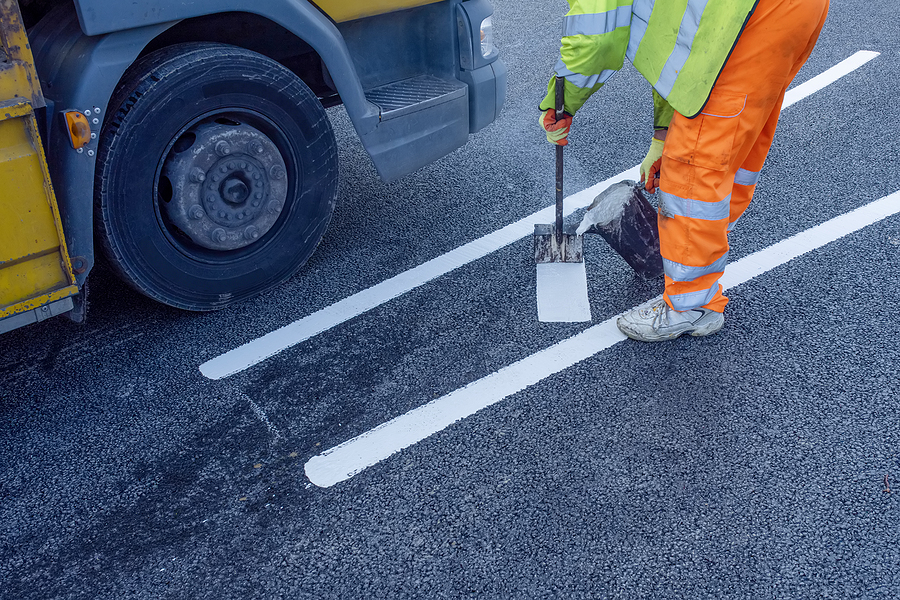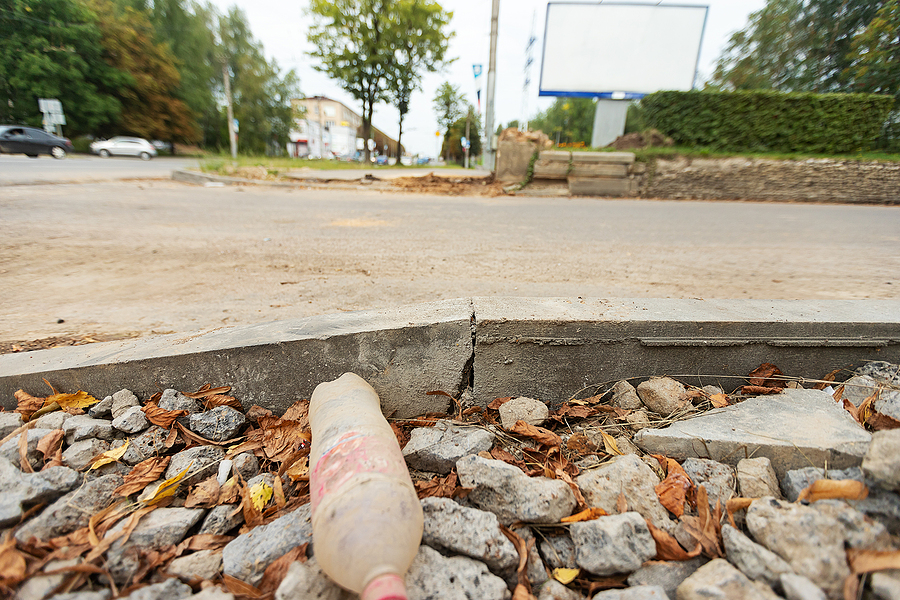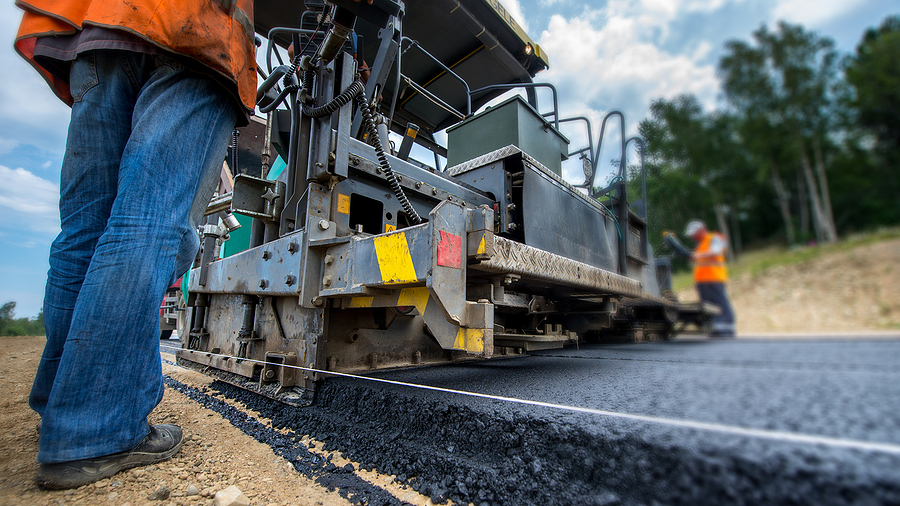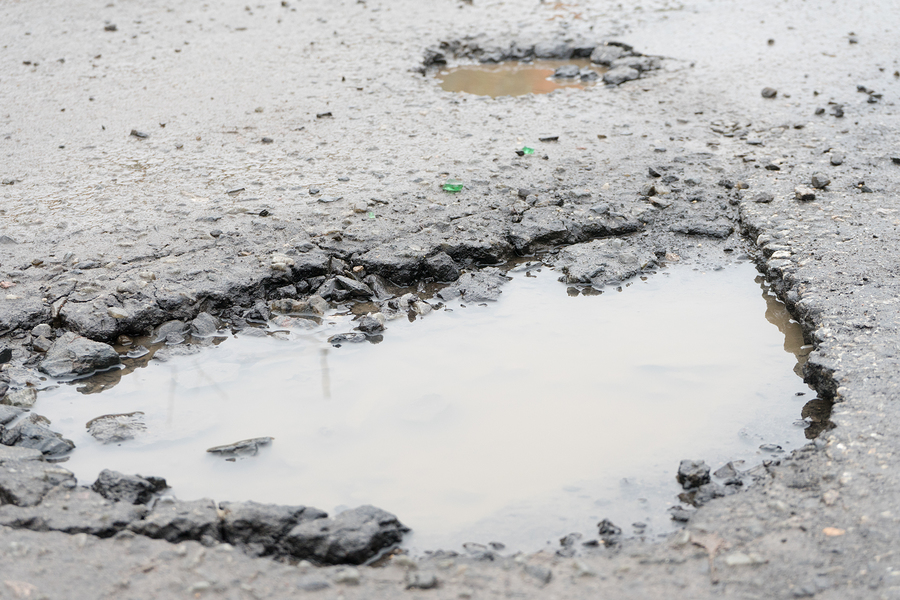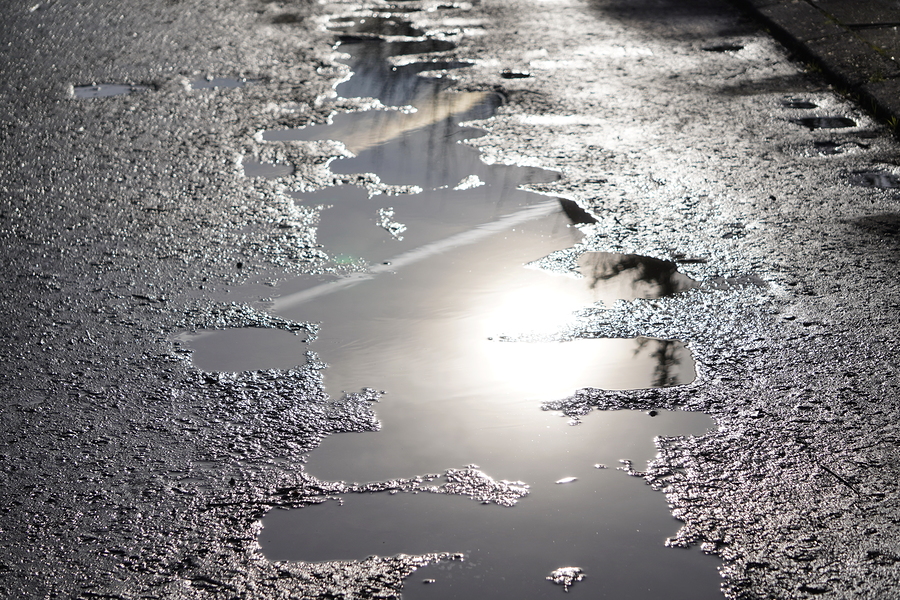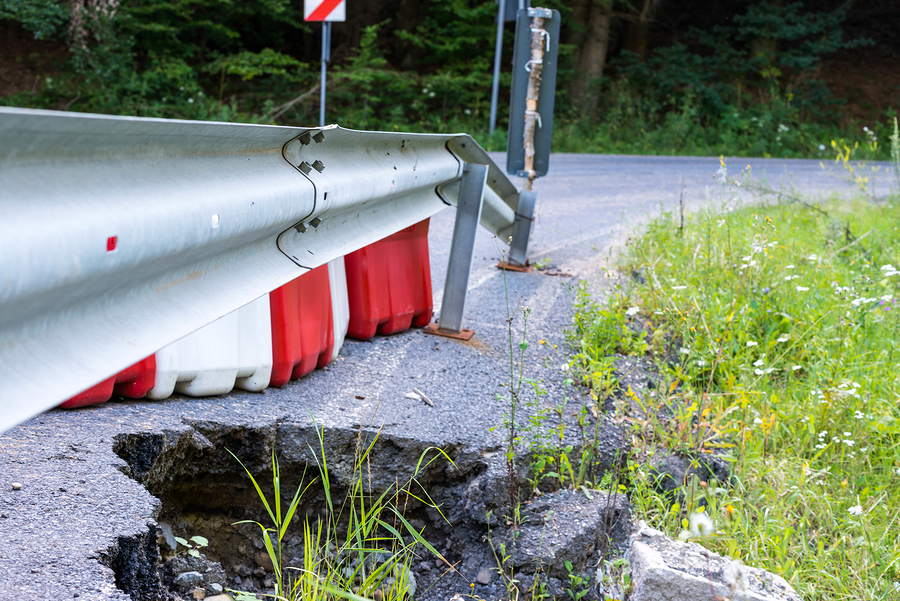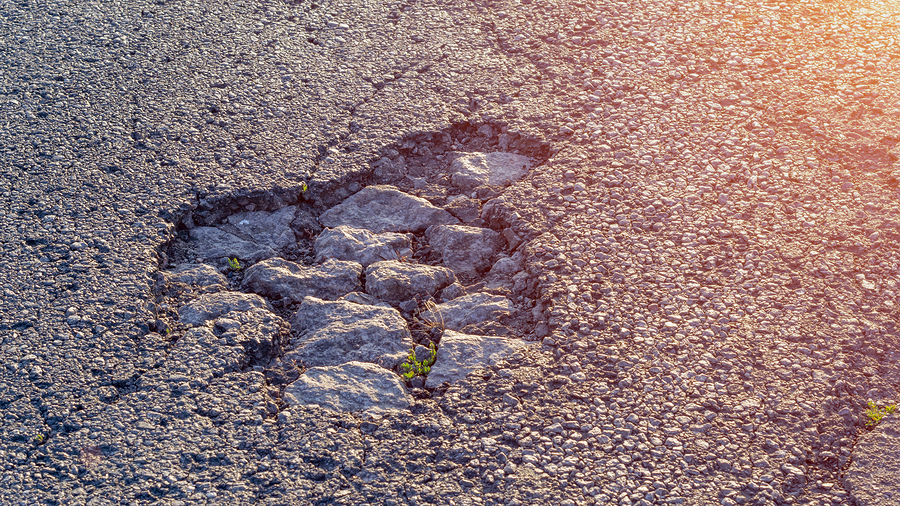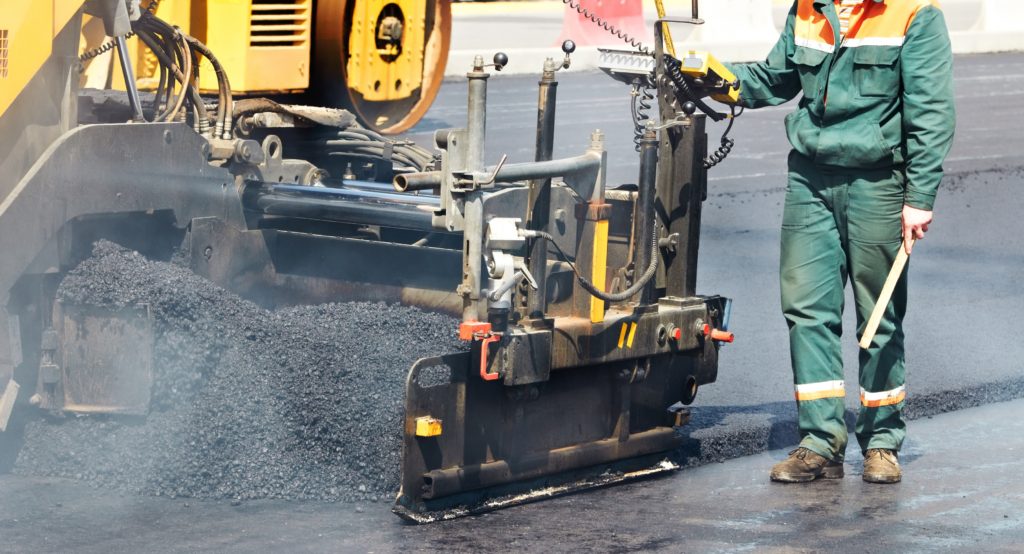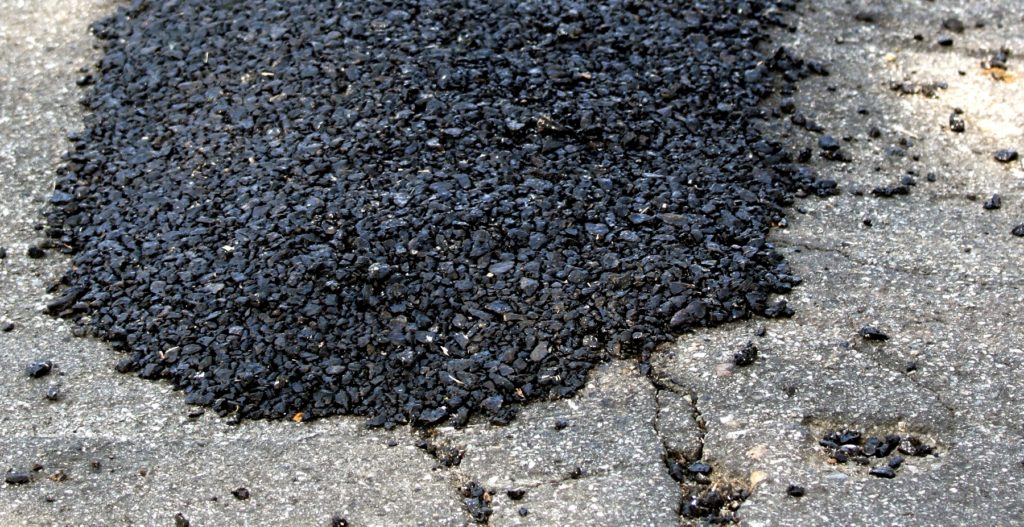Proper pavement maintenance is more than just a cosmetic enhancement; it’s an investment in the longevity and safety of your surface, be it asphalt or concrete. In this ultimate guide, we delve into the nitty-gritty of pavement maintenance, dispelling common myths and offering tried-and-true methods for preserving your pavement’s integrity for years to come.
Whether you’re a homeowner looking to maintain your driveway, or a business owner wanting to ensure your commercial lot remains safe and attractive, this guide provides the essential knowledge for optimal pavement care. So, let’s begin our journey into the world of pavement maintenance and explore how you can extend the life and improve the aesthetics of your investment.
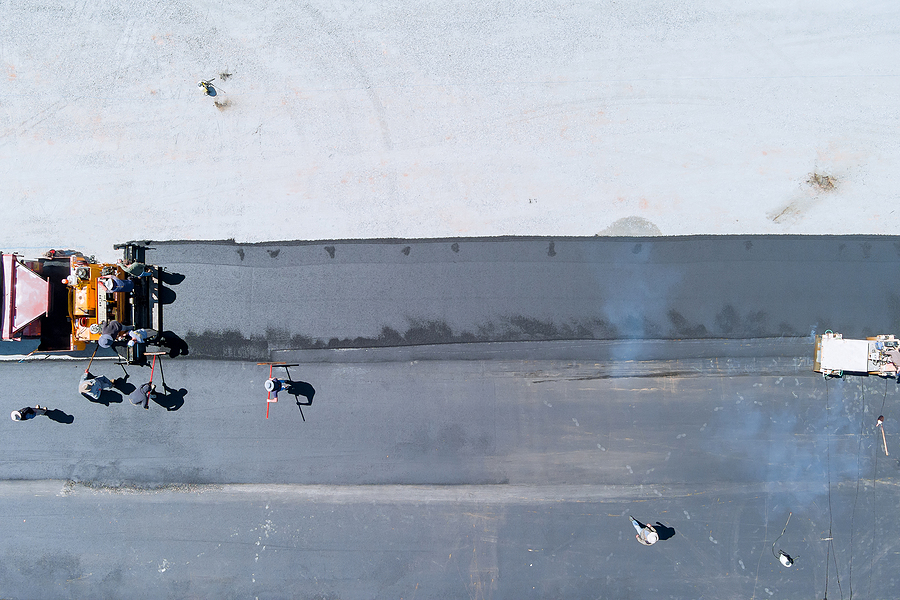
Proper Asphalt Maintenance
Asphalt is a popular surface material for driveways, parking lots and pathways due to its low cost and relatively easy installation process. However, proper asphalt maintenance will ensure your investment remains in top condition for many years. Here are a few tips on how to keep your asphalt looking fresh:
Clean regularly with a pressure washer and mild detergent.
Sealcoat the surface every two to three years, depending on traffic intensity.
Repair cracks as soon as they appear, using a cold asphalt patch or hot asphalt depending on severity.
Fill potholes immediately to prevent further damage from occurring.
By following these simple steps, you can ensure your pavement remains in optimal condition for years to come.
Recommended Concrete Maintenance
Concrete is a durable, low-maintenance material that is ideal for sidewalks, driveways, and patios. Regular cleaning and sealing will help keep your concrete looking its best and prevent any damage from occurring due to the elements or everyday wear and tear. Below are a few tips for maintaining your concrete pavement:
Clean regularly with a pressure washer and mild detergent.
Seal with a concrete sealant every two to three years, depending on traffic intensity.
Repair cracks as soon as they appear using mortar or epoxy filler.
Fill large voids or potholes immediately to prevent further damage from occurring.
By dedicating regular attention to your concrete pavement, you can ensure it looks great and remains safe for years to come.
These are just a few of the many tips and tricks for maintaining your asphalt or concrete pavements; however, if you’re ever in doubt about how to care for your pavement surface, we recommend seeking out a professional for advice. With the right maintenance, you can be sure your pavement will remain in pristine condition for many years.
Common Pavement Maintenance Myths Dispelled
When it comes to pavement maintenance, there are some myths that have been circulating for years and it’s important to separate fact from fiction so you can make informed decisions about caring for your pavement.
First, sealing your asphalt or concrete pavement does not waterproof the surface; rather it prevents water seeping into cracks and causing further damage to the integrity of the surface. Secondly, waiting for an issue to become more serious does not make repairs any easier nor will it save you money in the long run; in fact, problems that are left untreated can lead to more costly repairs down the line.
Finally, a professional sealant is not necessary for proper pavement maintenance; however, a good quality sealant will last much longer and provide better protection against wear and tear than an inferior one.
Conclusion
Proper pavement maintenance is essential for maintaining the longevity and integrity of your surface. This guide provides you with the essential knowledge to help extend the life of your asphalt or concrete pavement. You’ve learned how to keep your pavement looking its best by regularly cleaning and sealing, as well as dispelling common myths associated with proper maintenance. Now it’s time to put this knowledge into practice and ensure your pavement remains in top condition for years to come!
Take the first step today towards preserving your investment and enjoy peace of mind knowing your commercial pavement is protected from the elements. Contact ACI Asphalt and Concrete at 317-549-1833 for commercial asphalt repair, concrete repair, and sealcoating services in Indianapolis, Indiana. We serve commercial and industrial clients all throughout the state.
Related Posts:
Essential Pavement Repair Tips for Commercial Property Owners
How to Spot Poor Quality Commercial Pavement Workmanship
Vegetation Control For Commercial Pavements and Parking Lots

